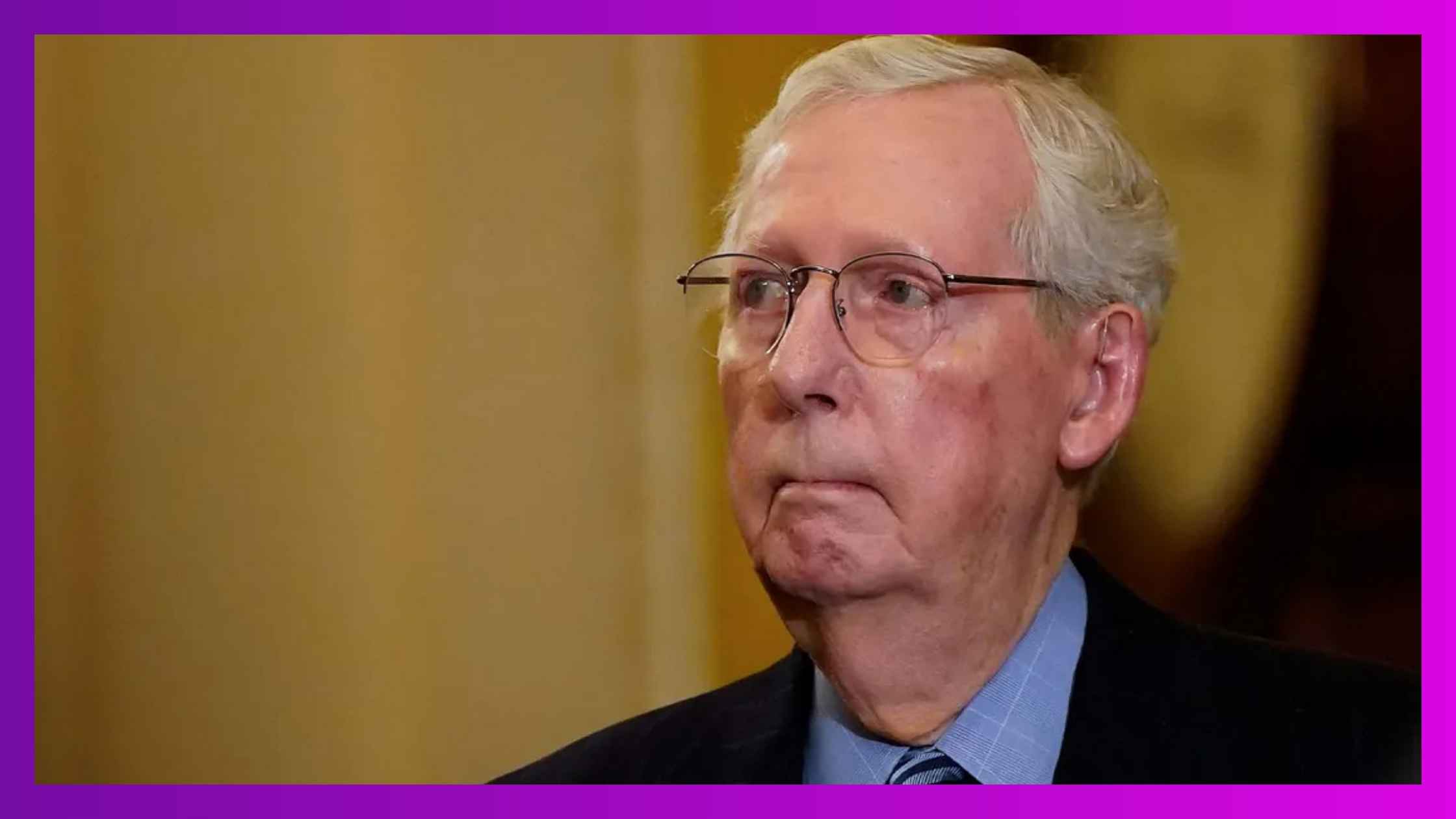Speaker 1 (00:00):
I ask unanimous consent to complete my remarks prior to the next roll call vote.
Speaker 2 (00:06):
Without objection.
Speaker 1 (00:09):
It's not entirely clear yet how or when Congress will conclude its end-of-the-year business. But when the Senate does adjourn, I'll just about mark the end of my tenure as a Republican leader. I've made it clear this year that our colleagues haven't seen the last of me. I still fully intend to keep frustrating my critics in the years ahead. But while I still command this particular podium, I thought I might make a few observations I've picked up along the way.
(01:00)
Folks come to Washington to do one of two things, either to make a point or to make a difference. To make a point or to make a difference. It's usually not that hard to tell who's doing which, especially in situations like the one we're in right now. The people who are here to make a difference recognize pretty quickly you never get everything you want, but often you can get quite a lot. And the folks who prefer to make a point have a funny habit of reminding us out loud how poorly they understand that fact.
(02:02)
I don't care to count how many times I've reminded our colleagues and our House counterparts how harmful it is to shut the government down and how foolish it is to bet your own side won't take the blame for it. Recent history doesn't leave a whole lot of room for interpretation on that one. When you try to use normal government function as a bargaining chip, you pay a political price. That said, if I took it personally every time my advice went unheeded, I probably wouldn't have spent as long as I have in this particular job. Getting a legislative outcome in the Senate requires large majorities of people who don't share all the same views to actually work together toward outcomes where they do see eye to eye.
(03:18)
We've had divided government here most of the time I've been in this job. Neither side has owned the place. You have a choice, do nothing or try to find things you can agree on and do them together. With the exception of just one short period of a few months, this place hasn't seen a filibuster-proof Senate in 50 years. Getting things done almost inevitably requires dealing with a lot of people who disagree with you on most things. And the interest of stable enduring outcomes, it's actually a good thing. Anyone who comes to the Senate hoping for a rigid, hard line conformity and prompt action, barking up the wrong tree.
(04:36)
I've heard folks who like making a point, they'd rather serve with 30 colleagues who all agreed than a majority who didn't. So if you want to accomplish absolutely nothing, you can sign up with the group that would rather serve with 30 people who all agreed than those who had differences. Everyone I know who's interested in making a difference understands pretty quickly that it requires that kind of interaction in order to achieve something. Leading means letting folks take a walk when they need to and rallying together when we need to. I've been so grateful over the years to lead majorities that embrace these necessary rhythms. I'm gratified by the trust they placed in me repeatedly to determine what that moment requires. And I'm so proud of the outcomes we've achieved for our country. I'm looking forward to spending the next Congress as a member of another majority, in a set of capable hands. Rooting hard for my friend John Thune and the leadership team our conference has assembled around it. There'll be no shortage of important work to do and I'll stand ready to do my part.
(06:32)
Back in 2007, my first day in this job, I told our colleagues, "The Senate has no claim on greatness unless its power is put to great ends." And I stated my view that the first duty of government is the defense and protection of its citizens. The Senate is great, so is the nation that it represents. But today our nation faces one great challenge from forces betting on our decline. And so that first duty of government is the task to which I'll devote my efforts in the coming years. Our prosperity and security depend on an order forged by American leadership and American strength, both of which require our urgent attention. The arsenal of democracy must be restored. Peace through strength must once again actually mean something other than just a slogan. And I'm going to do everything in my power to help continue this to be the greatest country in the world. No one can do what we do internationally. And that's where I'm going to put my focus for the next two years. Thank you all for the opportunity.









